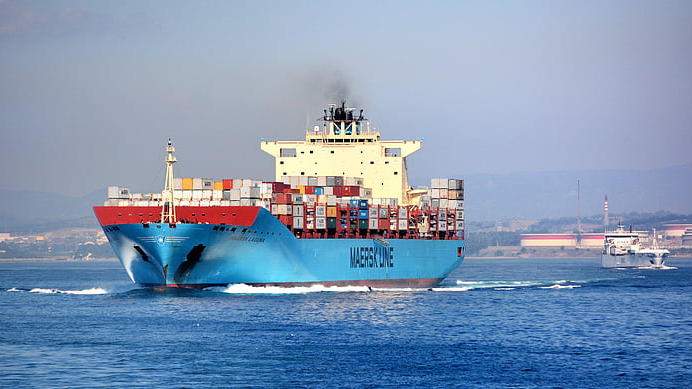You may have noticed that Halloween has been haunted by inventory shortages — and other hot ticket items could be next just in time for the holiday season.
Dr. Gawon Yun, assistant professor of marketing at Missouri State University, specializes in logistics and supply chain management. She strives to make sense of the buckling supply chain and what it means for Midwest consumers.
A peek behind the scenes
During COVID-19, consumers have felt the supply chain crisis impact their households with issues like toilet paper shortages, delivery delays and rising prices.
However, most consumers don’t have insight into what’s going on behind the scenes.
“These shortages amount to dried-up capacity, labor shortages, inventory management and supply-demand mismatch,” Yun said.
Bottlenecks
Ports all over the world are experiencing bottlenecks or points of congestion.
This places more pressure on U.S. transportation hubs, and train and trucking industry transporters.
Chicago is the largest bottleneck close to home due to its coast-to-coast connection for many major shipments. But Chicago is not alone.
“Parts of Missouri, St. Louis and Kansas City are also affected,” Yun said.
The buildup of containers at major shipping hubs has left logistics companies scrambling to adjust to the rising volume of shipments.
Explore supply chain management at MSU
Lessons learned by businesses
Some businesses have changed the way they operate to cope with the strain on the supply chain. Many have chartered their own vessels or moved their manufacturing operations. But this may not mean long-term change, Yun explains.
“It’s unlikely that companies will continue with these operational changes after one year,” Yun said.
“But the current issue will be fuel to many businesses to strengthen or rebuild their end-to-end supply chain visibility and risk management capability to combat ongoing supply chain issues.”
The holiday blues
It is difficult to predict how the holiday season will unfold.
So, if you need items such as household appliances or computers before the end of the year, Yun recommends you order now.
“From the consumer side, this problem might become better in the near future,” Yun said. “From the company perspective, this problem will be something that should be strategically considered in the long-term.”


Leave a Reply